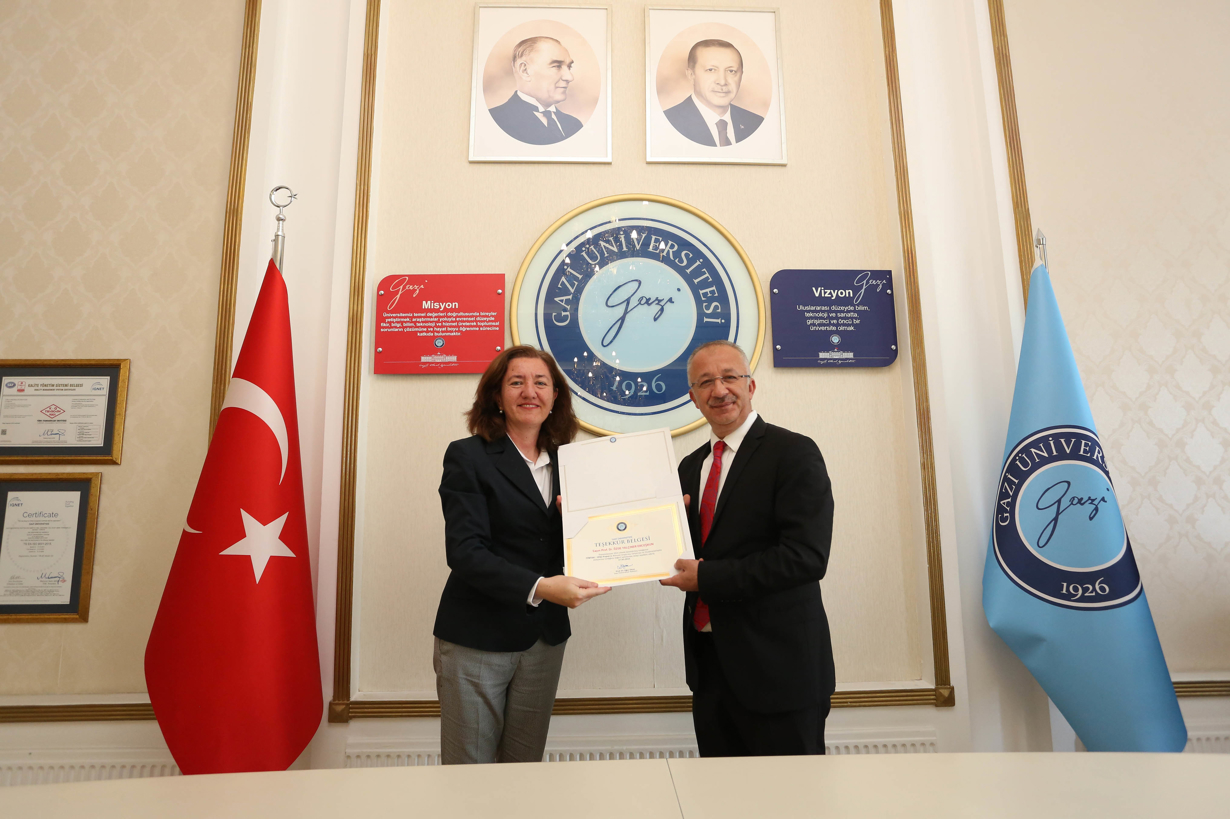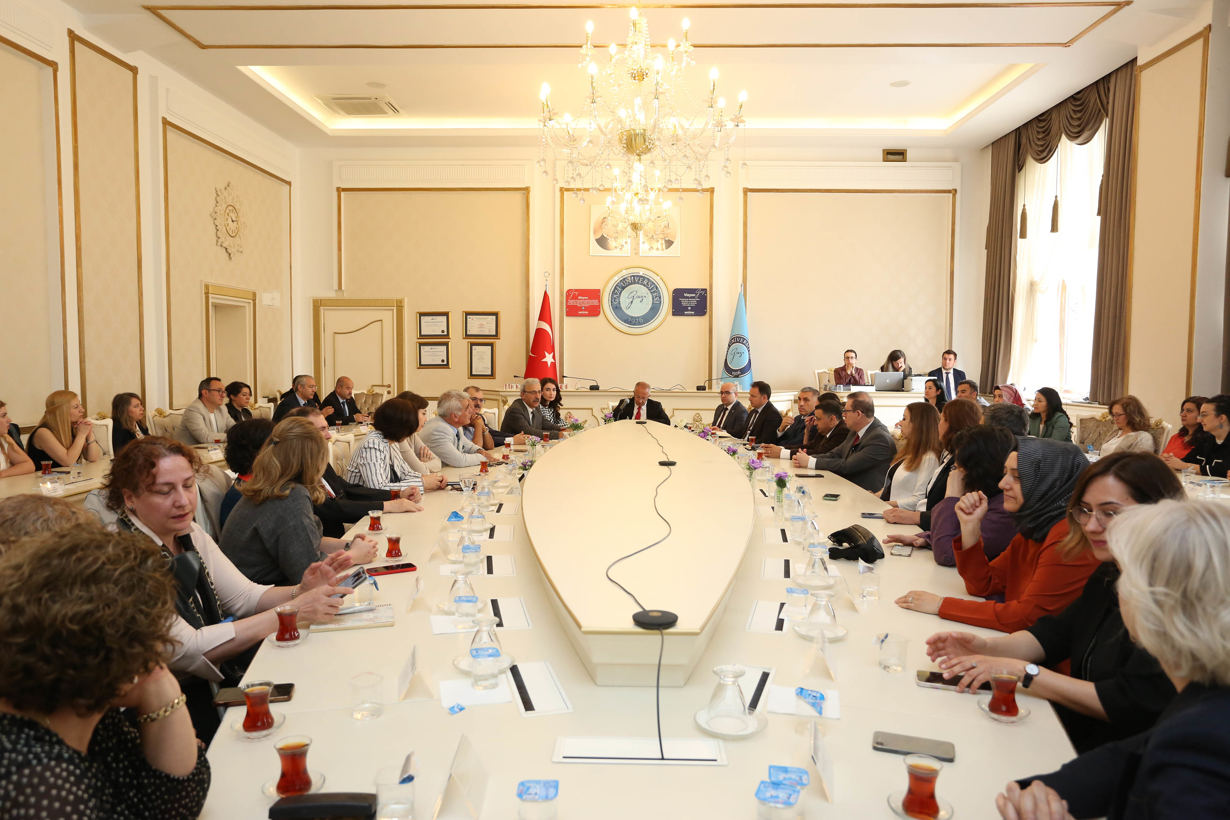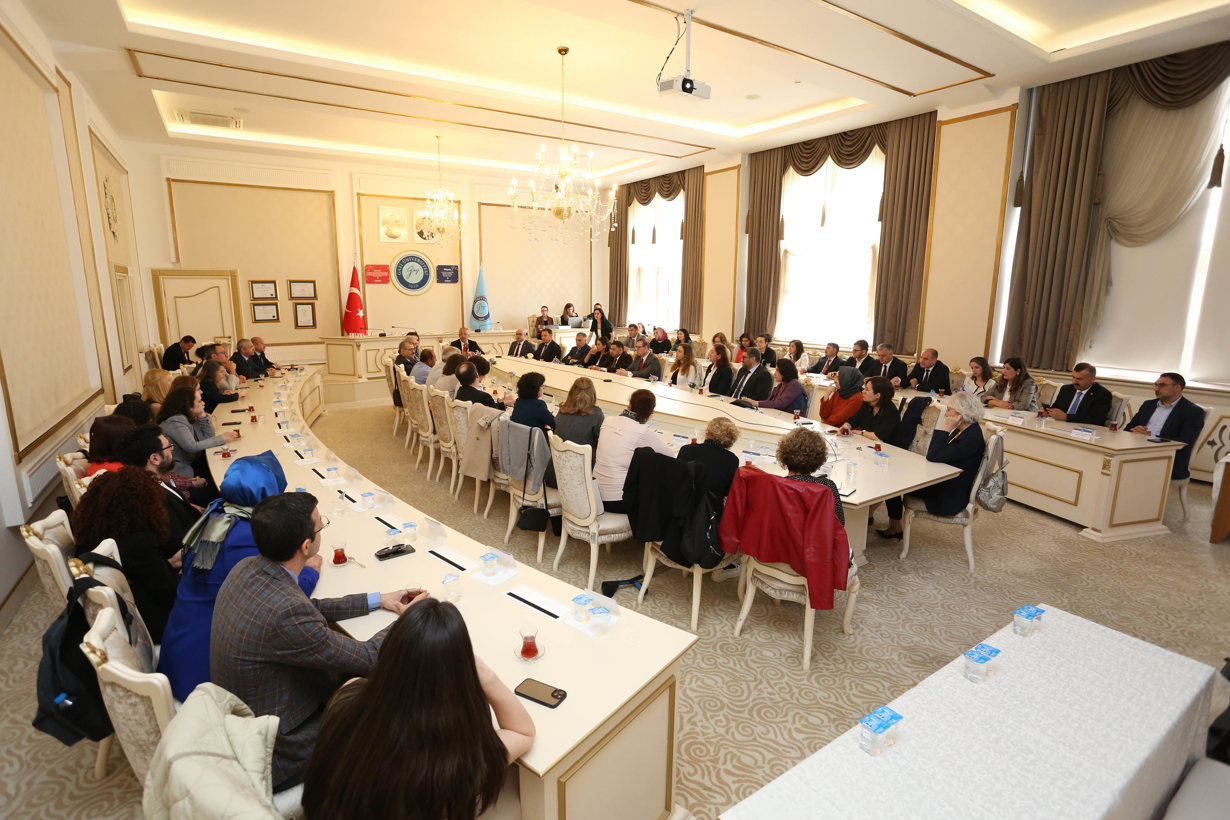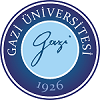AccessCity4All - Adapting the 15-Minute City
AccessCity4All - Adapting the 15-Minute City
Background and Problem Definition
The grand societal challenges of sustainable transitions are decided in cities. Cities play a pivotal role in tackling health issues, dealing with the climate change and addressing social and economic inequalities. The 15-minute city presents a promising framework for achieving sustainable, active and healthy urban environments in European cities. However, its current application remains rudimentary for a people- and place-specific urban planning practice, primarily focusing on densely populated inner-city areas while neglecting diverse urban contexts. To upscale the 15-minute city concept effectively, there is a critical need to understand the mobility patterns and accessibility of different resident groups, define detailed indicators for operationalizing accessibility, and adapt the concept to support active mobility across various urban settings. Moreover, the concept must incorporate individual accessibility needs and account for the influence of neighborhood characteristics on mobility patterns and perceptions of accessibility.
Objectives
AccessCity4All aims to enhance the 15-minute-city concept by considering diversity of people’s mobility needs and the spatial heterogeneity of neighbourhoods. Through detailed investigations in up to 50 urban neighbourhoods spanning city centers to outskirts, the project seeks to identify mismatches between calculated, perceived, and actualized accessibility. By studying mobility patterns and perceptions of different population groups, AccessCity4All aims to develop neighborhood-level accessibility measures sensitive to urban forms and social groups, thereby supporting sustainable urban transitions. Acknowledging the complexity of urban settings, we argue that there is not one ideal “15-minute” city, but rather a variety of “15-minute neighbourhoods”, depending on the urban location as well as the composition of population groups.
The project seeks to answer the following overarching research question: How can the 15-minute city concept be adapted to support the transition towards active mobility for different groups of residents in neighbourhoods with different levels of accessibility; ranging from city centres to urban outskirts?
Outcome
AccessCity4All furthers the 15-minute city concept by adding the perceived and actualised accessibility of residents to the mainstream measurement of calculated accessibility, tailoring it to the unique characteristics and specific needs of individual cities. Methodologically, a variety of novel empirical methods for collecting primary data will be triangulated, all of which enable momentum for citizen-science. The project's outcomes include an updated understanding of the 15-minute city concept, improved accessibility measures for diverse urban contexts, policy recommendations for designing inclusive public spaces and insights into people-centered, place-specific 15-minute neighbourhoods across Europe.
Due to the involvement of multiple ULLs in a comparative research design, scientific results and policy-relevant outcomes can be transferred to other cities in Europe. The accumulated evidence will impact strategic policy-making and planning beyond the partner cities, contributing to an improved and more accurate modelling of service accessibility across European cities and to an assisted implementation of accessibility-based planning concepts for active, healthy, and inclusive neighbourhoods.
For More= http://www.oeaw.ac.at/en/isr/sustainable-urban-region/accesscity4all-adapting-the-15-minute-city-concept-to-support-active-mobility-in-neighbourhoods-with-different-levels-of-accessibility
http://www.zotero.org/groups/5844243/accesscity4all_library/item-list
http://dutpartnership.eu/
2024 External Projects Appreciation Presentation Ceremony dated 27.05.2025



